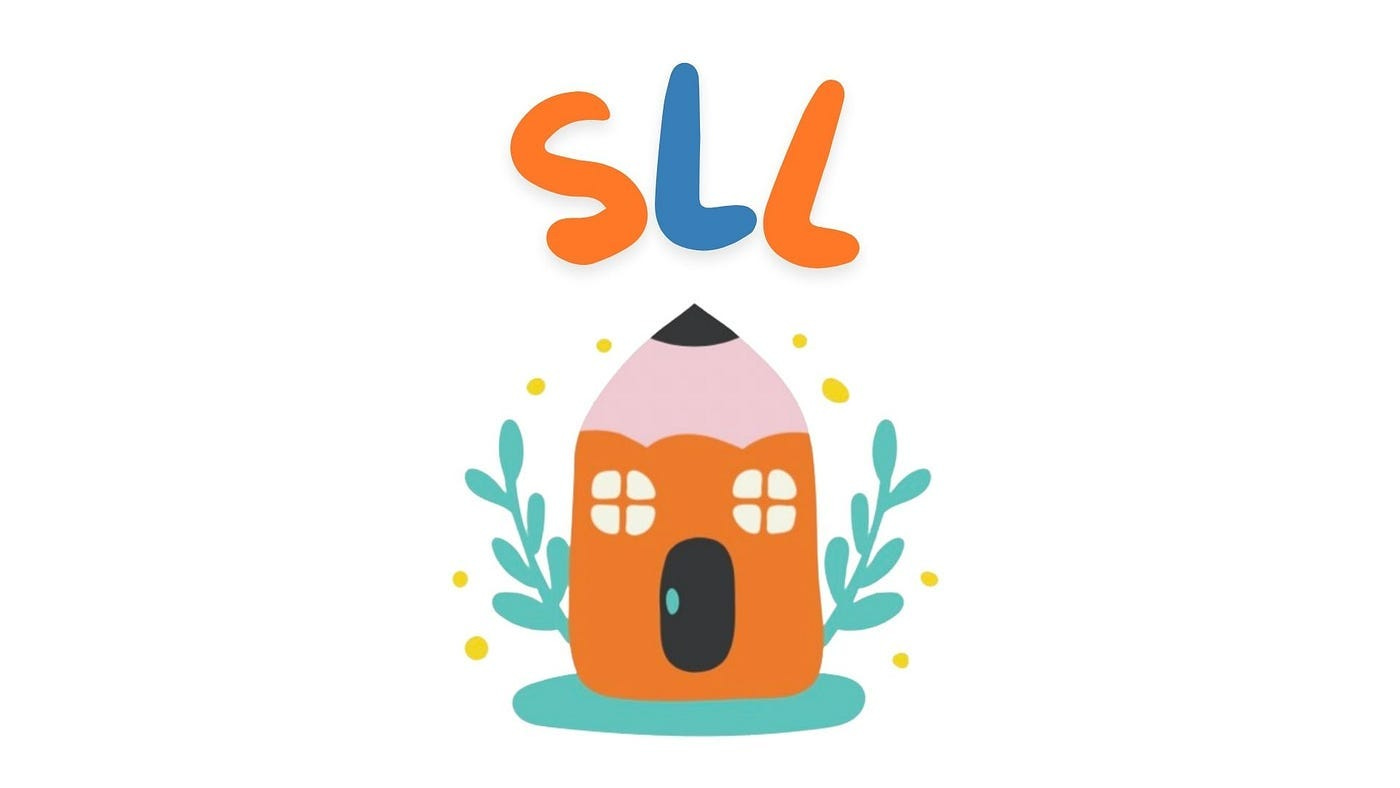
“I can’t learn. I’m not smart enough.”
Stop saying that. You-are-smart. And you love learning something new. This could sound counterintuitive, as many people in school would say they hate studying. But this is wrong.
Everyone loves learning.
But we disagree on what.
For example, you may hate your science lectures but love learning about new sports. Or you may hate the history of your country but love learning about the Cold War.
Learning is part of being human. Our powerful brains evolved to learn things quickly. That’s why you’re smart and capable of learning anything. So, take advantage of our evolution.
And start learning new things now.
My book about Effective Learning:
Effective Learning Is Science, Not Magic
Let’s understand what learning means.
The APA dictionary of psychology defines learning as “the acquisition of novel information, behaviors, or abilities after practice, observation, or other experiences, as evidenced by change in behavior, knowledge, or brain function.”
One question worth asking is when does learning occur.
In other words, how can you know when you learned something or not?
For example, you may have experienced forgetting or feeling your mind blank before an exam. You studied so hard for it. What happened? Well, the answer is that you didn’t learn effectively.
This means you didn't link information from your short-term to long-term memory.
Short-term memory: lasts seconds, minutes, hours, or days.
Long-term memory: last days, months, years, and even a lifetime.
To learn more about the psychology of memory, read this.
So, effective learning happens when you link data to your long-term memory.
The key difference between successful and unsuccessful students is that the latter learn with ineffective methods. That means they use strategies that keep information in their short-term memory. This also creates a cognitive illusion, the illusion of learning, that happens when you believe you learned something when you didn’t.
Here are some examples of bad strategies:
Rewatching: watching your lectures repeatedly gives you a false sense of understanding. You may struggle once you try to recall or do what they taught you. This happens a lot when learning programming.
Rereading: same as rewatching but reading your notes and textbooks. The key problem with this method and rewatching is that they are passive. To learn effectively, you need active methods.
Highlighting: although it helps to find key information to practice recalling better, many students think that highlighting their books alone or rereading them is enough to learn.
I wrote a post about them here.
Better strategies:
Retrieval: flashcards, free recall, etc.
Spaced practice: space out sessions to give your brain enough time to consolidate information.
Interleaving: combine different but similar topics. Study topic A and B for 10 minutes separately. Then, when studying A or B, again, combine topics you learned from A or B.
Interrogative elaboration: ask and answer how and why questions.
Concrete examples: analogies, examples, etc., to better understand the topic.
Dual coding: visualize topics with memes, mind maps, etc.
To learn more about these strategies, read this article.
How To Learn Anything
The takeaway for all of this is this definition:
Effective learning is about linking and making information stick to your long-term memory.
And everyone. Let me repeat. EVERYONE can achieve this. So, it is not that you’re dumb or stupid. It is just that you weren’t learning in the right way. I know this is annoying to read because we have been learning all our lives.
But probably not effectively.
And it is not your fault. Probably no one taught us how to learn effectively! In my case, I had to learn this by myself while studying Psychology.
So, focusing on effective learning is the first thing for your learning revolution and mastering everything. This is a huge topic. And if I wrote about that here, the article would be 1 hour long. But here’s my strategy to learn anything with links to read more if interested:
Meta-learning: understand how the knowledge is organized and create a path to master it (tip: use universities’ or courses’ programs).
Effective study strategies: retrieval, spaced practice, interleaving, interrogative elaboration, dual coding, concrete examples.
Focus and small habits: use the Pomodoro technique to focus for 25-minute study sessions.
Time management: use the Pomodoro technique to understand how long a task takes you.
Second brain: create a second brain to help your brain retrieve information.
Learning system: with time, you will find a flexible system to learn anything (this is the topic of chapter 4 in my book).
Don’t expect to notice massive changes from one day to another.
Learning is a skill, and it will take time to get good, just like riding a bicycle or reading books faster. But it is one of the best soft skills to have. In the end, everything comes from learning new things. Master this, and you will become unstoppable.
Good luck!
Ultra-learning saved my career.
It helped me learn anything without overstudying or overworking. But remember, each person has a different life. Perhaps you work full-time and also study. Or maybe you have a family, etc.
Be reasonable, and don’t fall into toxic productivity.
Here are some last recommendations:
Don’t compare yourself with others. Take your time.
This is not a competition. This is about you. Make it fun and healthy.
Please take care of yourself. That’s the most important thing!
Now it is your turn.
What are you going to learn next?
Until the next time,
Axel



